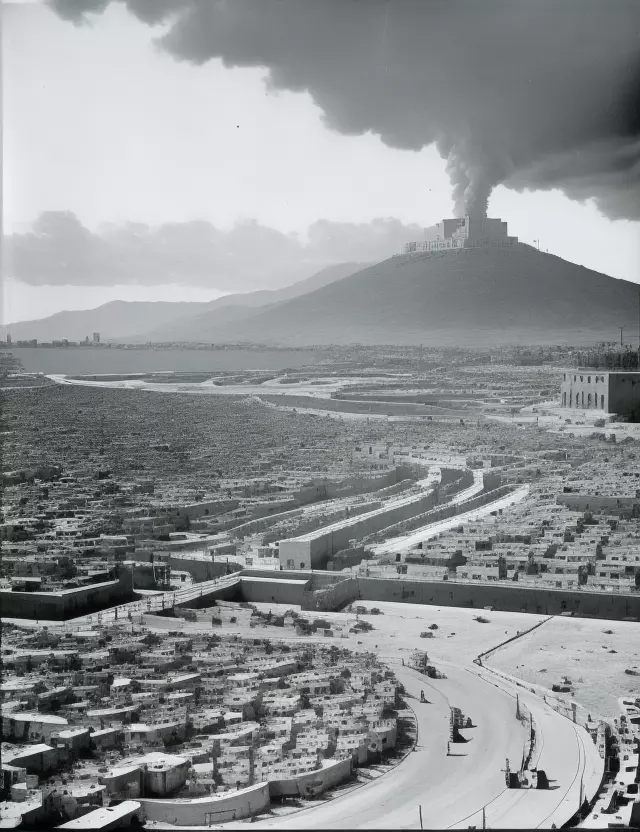UN General Assembly Approves Partition Plan: Birth of the State of Israel (1947)
Historic Decision Leading to the Establishment of Israel

Introduction
On November 29, 1947, a momentous decision shaped the course of history as the United Nations General Assembly approved the plan for the partition of Palestine. This significant resolution paved the way for the establishment of the State of Israel, marking a transformative moment in the geopolitics of the Middle East. Explore the intricacies of the partition plan and its profound impact on the region.
The UN Partition Plan
The United Nations, in response to the complexities of the Palestine question, proposed a partition plan that aimed to address the competing national aspirations of both Jewish and Arab communities. The plan called for the establishment of separate Jewish and Arab states and an international administration for Jerusalem.
Approval by the General Assembly
On November 29, 1947, the UN General Assembly voted to approve the partition plan. The decision reflected the international community's recognition of the need for a resolution to the ongoing tensions in Palestine. While met with support, the partition plan also faced opposition, foreshadowing the challenges that would arise in the aftermath of its implementation.
Creation of the State of Israel
The approval of the partition plan laid the groundwork for the establishment of the State of Israel. The plan delineated the borders of the proposed Jewish state, and on May 14, 1948, David Ben-Gurion, the head of the Jewish Agency, declared the establishment of the State of Israel, marking the end of the British Mandate in Palestine.
Complexities and Challenges
While the approval of the partition plan was a landmark moment, it also set the stage for complexities and challenges. The Arab states opposed the plan, viewing it as an infringement on the rights of the Palestinian Arab population. The ensuing Arab-Israeli War, which followed the declaration of the State of Israel, underscored the deep-seated tensions in the region.
Geopolitical Impact
The approval of the partition plan had a profound geopolitical impact on the Middle East. It marked the end of British rule in Palestine and the beginning of a new era characterized by the presence of the State of Israel. The partition plan and its consequences continue to shape the dynamics of the Israeli-Palestinian conflict and the broader regional landscape.
Legacy and Controversies
The legacy of the UN partition plan is marked by both historic significance and ongoing controversies. The establishment of the State of Israel fulfilled the aspirations of the Jewish community, but it also triggered displacement and conflict. The unresolved issues surrounding the partition plan contribute to the complexities of the Israeli-Palestinian conflict.
As we reflect on the approval of the UN partition plan on November 29, 1947, we recognize its pivotal role in shaping the modern history of the Middle East. The decision laid the foundation for the establishment of the State of Israel and set in motion a series of events that continue to influence the geopolitical landscape of the region.



